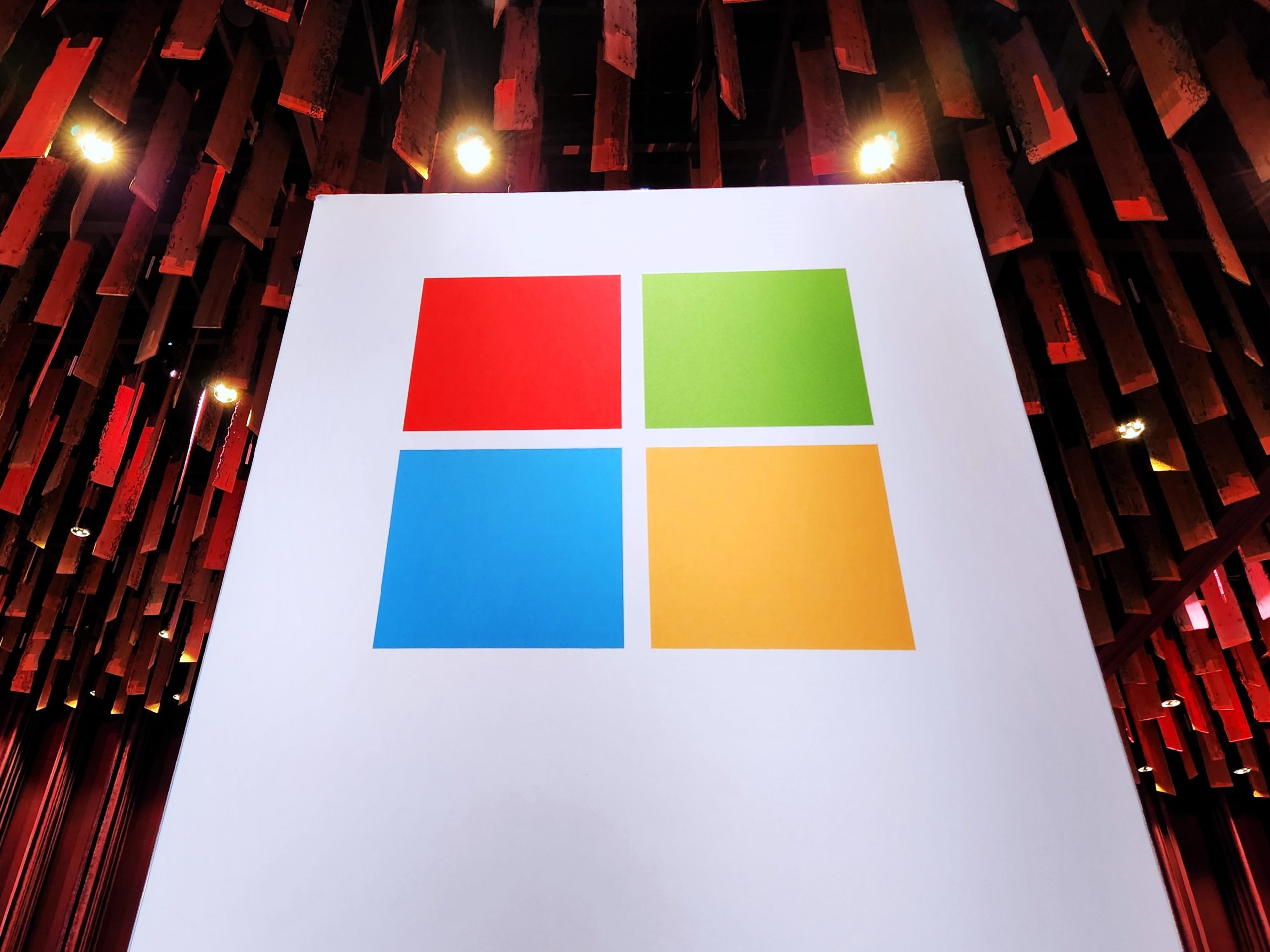“Maior esforço de engenharia de segurança cibernética da história” da Microsoft – protegendo seu próprio código.
# Microsoft’s Secure Future Initiative: Strengthening Cybersecurity Measures
Microsoft, one of the world’s leading technology companies, has recently released new information about its security initiatives. These updates come as a response to previous cybersecurity breaches and aim to address the shortcomings in Microsoft’s security culture. The company has made it clear that security is now its top priority.
In a comprehensive progress report titled “Secure Future Initiative (SFI),” Microsoft details a series of technical and governance changes. These changes align with the recommendations provided by the Cyber Safety Review Board (CSRB) in April 2024. The CSRB’s report had described Microsoft’s security culture as “inadequate.” Microsoft’s latest efforts aim to rectify this situation and enhance cybersecurity measures.
The report highlights several key actions taken by Microsoft to ensure the safety of user data and protect against potential threats. One notable measure is the use of hardware security modules for token signing keys, which helps safeguard identities and secrets. Microsoft is also proactively eliminating unused apps and tenants, reducing potential vulnerabilities. Additionally, the company has implemented “Just in Time” and “Just Enough Access” policies for elevated roles, effectively minimizing potential risks. To maintain a secure environment, Microsoft is actively monitoring and detecting threats by ensuring standardized security logs for all assets.
According to Charlie Bell, Microsoft’s Security Executive Vice President, the Secure Future Initiative (SFI) has been a monumental effort. Since its inception, Microsoft has dedicated the equivalent of 34,000 full-time engineers to this cybersecurity endeavor, making it the largest cybersecurity engineering effort ever undertaken.
As part of its commitment to strengthening security, Microsoft has recently appointed 13 deputy chief information security officers (CISOs) to support its product groups. These individuals, led by Microsoft’s CISO, Igor Tsyganskiy, assume crucial roles in ensuring the implementation of robust security practices throughout the organization. This strategic move underscores Microsoft’s resolve to hold security in the highest regard, from the leadership team down to every aspect of its operations.
To ensure accountability and continuous improvement, Microsoft’s senior leadership team conducts weekly reviews of the company’s security progress. Additionally, Microsoft’s board receives updates on a quarterly basis. By prioritizing security and maintaining open lines of communication, Microsoft aims to foster a secure digital environment for its users.
In recent years, Microsoft has faced significant cybersecurity challenges. In January of this year, a state-sponsored Russian actor gained unauthorized access to Microsoft’s internal systems and executive email accounts. More recently, the same threat actors were able to breach some of Microsoft’s source code repositories and internal systems. Similarly, in May and June 2023, a Chinese hacking group compromised Microsoft Exchange Online mailboxes, affecting over 500 individuals and 22 organizations worldwide, including senior U.S. government officials. These incidents serve as strong reminders of the ever-present need for robust cybersecurity measures.
By prioritizing security, implementing technical and governance changes, and appointing experienced professionals to key positions, Microsoft demonstrates its unwavering commitment to cybersecurity. As the digital landscape evolves and threats become increasingly sophisticated, Microsoft continues to invest in the development and implementation of measures that will enhance user trust and protect their valuable data.
Microsoft’s Secure Future Initiative serves as a testament to the company’s dedication to the ongoing improvement of its security practices. As users, we can rest assured that Microsoft is taking the necessary steps to safeguard our data and provide us with a secure digital experience.






